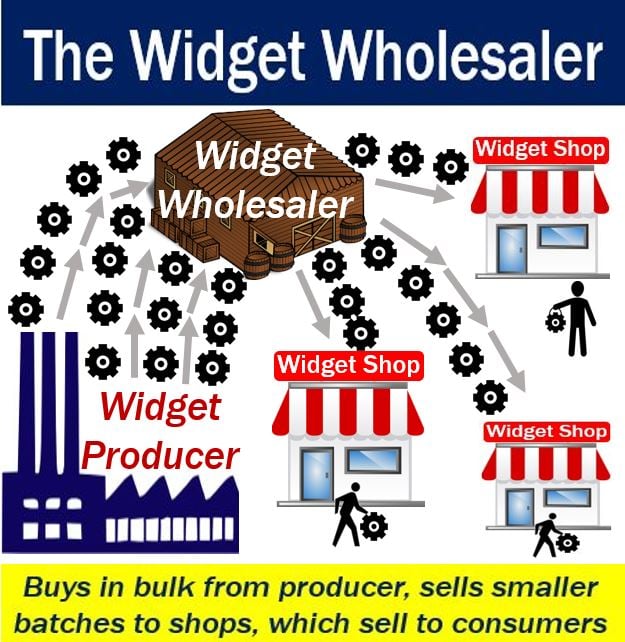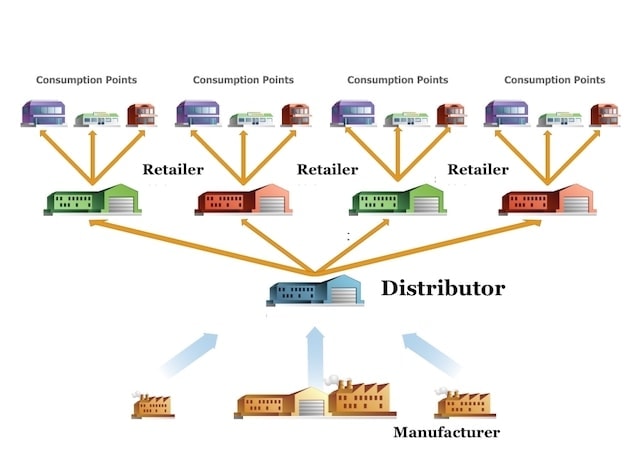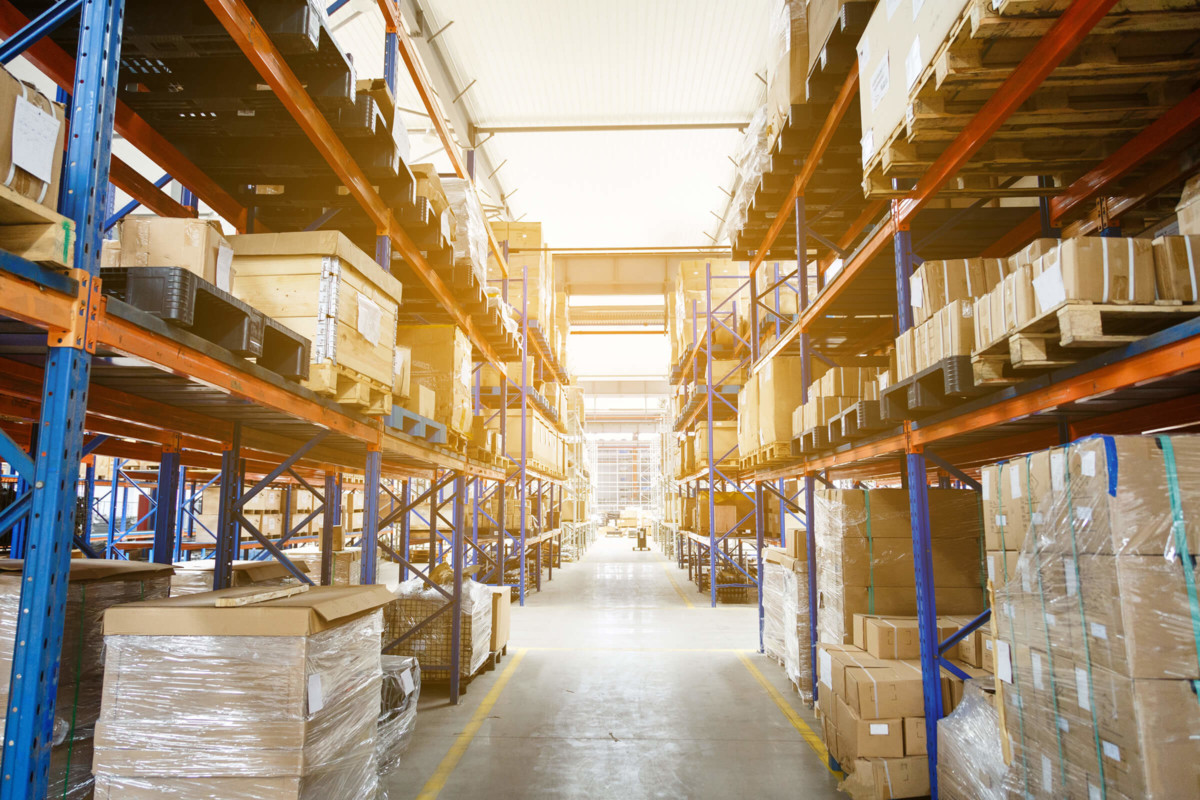What is Wholesale Shopping and How Does it Work?
Wholesale shopping is a type of business-to-business (B2B) transaction where a buyer purchases products in bulk from a supplier or manufacturer at a discounted price. This type of shopping is ideal for businesses, entrepreneurs, and individuals looking to purchase large quantities of products at a lower cost. Wholesale shopping can be done through various channels, including traditional wholesale markets, online wholesale platforms, and direct-from-manufacturer sales.
One of the primary benefits of wholesale shopping is the ability to purchase products at a significantly lower price than retail prices. This is because wholesalers typically sell products in bulk, which reduces their costs and allows them to pass the savings on to the buyer. Additionally, wholesale shopping provides buyers with access to a wide range of products, including hard-to-find or specialty items.
Popular wholesale markets include the Los Angeles Fashion District, the New York Garment District, and the Guangzhou Wholesale Market in China. Online wholesale platforms, such as Alibaba and Wholesale Central, have also become increasingly popular in recent years. These platforms connect buyers with suppliers from around the world, making it easier to find and purchase products in bulk.
When considering how to buy from wholesalers, it’s essential to understand the different types of wholesalers and their business models. Some wholesalers specialize in specific products or industries, while others offer a broader range of products. Understanding the wholesale market and how it works can help buyers make informed purchasing decisions and get the best deals.
How to Find Reputable Wholesalers: Tips and Tricks
Finding a trustworthy wholesaler is crucial to ensuring a successful and profitable wholesale shopping experience. With so many wholesalers to choose from, it can be overwhelming to determine which ones are reputable and reliable. To help you make informed decisions, here are some tips and tricks for finding reputable wholesalers.
One of the most effective ways to find a reputable wholesaler is to research online reviews. Look for reviews from other customers who have purchased from the wholesaler in the past. Pay attention to the overall rating and read the comments to get a sense of the wholesaler’s strengths and weaknesses. You can also check for reviews on social media platforms and wholesale directories.
Another important step is to check for licenses and certifications. Reputable wholesalers will typically have the necessary licenses and certifications to operate in their industry. You can check with the relevant authorities to verify the wholesaler’s credentials. Additionally, look for wholesalers who are members of industry associations or trade organizations, as these can be a sign of their commitment to quality and excellence.
Verifying product authenticity is also crucial when dealing with wholesalers. Make sure to ask about the products’ country of origin, materials, and manufacturing process. Reputable wholesalers will be transparent about their products and provide you with the necessary documentation to verify their authenticity.
Red flags to watch out for when dealing with wholesalers include low prices that seem too good to be true, poor communication, and a lack of transparency about their products and business practices. Be wary of wholesalers who are pushy or aggressive in their sales tactics, as this can be a sign of a scam.
By doing your research and being cautious, you can find a reputable wholesaler who meets your needs and provides you with high-quality products at competitive prices. Remember to always prioritize quality and reliability over low prices, and don’t be afraid to ask questions or seek clarification when needed.
Understanding Wholesale Pricing: How to Get the Best Deals
Wholesale pricing is a complex and multifaceted topic that can be influenced by a variety of factors. Understanding these factors is crucial to getting the best deals when buying from wholesalers. In this section, we will explore the key factors that affect wholesale pricing and provide tips on how to negotiate prices with wholesalers.
One of the primary factors that affects wholesale pricing is product demand. When demand is high, wholesalers may increase their prices to capitalize on the demand. Conversely, when demand is low, wholesalers may lower their prices to stimulate sales. Understanding the demand for a particular product can help you negotiate a better price with the wholesaler.
Supply chain costs are another important factor that affects wholesale pricing. Wholesalers must consider the costs of sourcing, storing, and shipping products when determining their prices. If you can find a wholesaler with lower supply chain costs, you may be able to negotiate a better price.
Market competition is also a key factor in determining wholesale prices. Wholesalers must compete with other wholesalers and retailers to sell their products. If you can find a wholesaler who is not competing with other wholesalers, you may be able to negotiate a better price.
To negotiate prices with wholesalers, it’s essential to do your research and understand the market value of the products you’re interested in. You can use online tools and resources to determine the average wholesale price of a product and make an informed offer to the wholesaler.
Another tip for negotiating prices with wholesalers is to be flexible and open-minded. Consider purchasing products in bulk or committing to a long-term contract to secure a better price. You can also ask the wholesaler about any discounts or promotions they may be offering.
Calculating the best deals when buying from wholesalers requires careful consideration of several factors, including the wholesale price, shipping costs, and any additional fees. You can use a wholesale pricing calculator or spreadsheet to help you determine the best deals and make informed purchasing decisions.
How to Buy from Wholesalers: A Step-by-Step Guide
Buying from wholesalers can be a straightforward process if you know what to expect. In this section, we will walk you through the steps involved in buying from wholesalers, including finding products, contacting wholesalers, and placing orders.
Step 1: Find the Products You Need
The first step in buying from wholesalers is to find the products you need. You can search online for wholesalers who specialize in the products you’re looking for. You can also check wholesale directories, trade magazines, and industry associations for leads.
Step 2: Contact the Wholesaler
Once you’ve found a wholesaler who carries the products you need, the next step is to contact them. You can visit their website, send them an email, or give them a call. Be prepared to provide information about your business, including your business license and tax ID number.
Step 3: Request a Quote
After you’ve contacted the wholesaler, the next step is to request a quote. Provide the wholesaler with the product numbers and quantities you’re interested in purchasing, and ask them to provide you with a quote. Be sure to ask about any discounts or promotions they may be offering.
Step 4: Review the Quote and Place Your Order
Once you’ve received the quote, review it carefully to ensure that it includes all the products you need and that the prices are competitive. If everything looks good, you can place your order. Be sure to ask about the wholesaler’s payment terms and shipping policies.
Common Wholesale Purchasing Terms and Conditions
When buying from wholesalers, it’s essential to understand the common purchasing terms and conditions. These may include:
* Minimum order quantities: Many wholesalers have minimum order quantities that you must meet in order to place an order.
* Payment terms: Wholesalers may offer different payment terms, such as net 30 or COD.
* Shipping policies: Wholesalers may have different shipping policies, such as free shipping on orders over a certain amount.
By following these steps and understanding the common purchasing terms and conditions, you can ensure a smooth and successful wholesale purchasing experience.
Common Mistakes to Avoid When Buying from Wholesalers
When buying from wholesalers, it’s essential to be aware of common mistakes that can cost you time, money, and stress. In this section, we’ll highlight some of the most common pitfalls to avoid when buying from wholesalers.
Failing to Research Products
One of the most significant mistakes you can make when buying from wholesalers is failing to research the products you’re interested in purchasing. This can lead to buying low-quality or counterfeit products, which can damage your reputation and harm your customers.
Neglecting to Inspect Goods Before Purchasing
Another common mistake is neglecting to inspect the goods before purchasing. This can lead to buying damaged or defective products, which can be costly to return or replace.
Not Understanding Return Policies
Not understanding the return policies of the wholesaler can also lead to problems. Make sure to ask about the return policies before making a purchase, and understand the procedures for returning or exchanging products.
Not Verifying the Wholesaler’s Credentials
Not verifying the wholesaler’s credentials can also lead to problems. Make sure to check for licenses, certifications, and other credentials that indicate the wholesaler is reputable and trustworthy.
Not Reading Reviews and Ratings
Not reading reviews and ratings from other customers can also lead to problems. Make sure to check online reviews and ratings to get an idea of the wholesaler’s reputation and the quality of their products.
By avoiding these common mistakes, you can ensure a successful and stress-free wholesale shopping experience. Remember to always research the products, inspect the goods before purchasing, understand the return policies, verify the wholesaler’s credentials, and read reviews and ratings from other customers.
Wholesale Shopping for Small Business Owners: Benefits and Considerations
Wholesale shopping can be a game-changer for small business owners, offering a wide range of benefits that can help them stay competitive in the market. In this section, we’ll discuss the benefits of wholesale shopping for small business owners and provide advice on how to navigate wholesale markets.
Increased Profit Margins
One of the most significant benefits of wholesale shopping for small business owners is the potential to increase profit margins. By buying products in bulk at discounted prices, small business owners can sell them at a higher price and earn a higher profit margin.
Access to a Wider Range of Products
Wholesale shopping also provides small business owners with access to a wider range of products, including products that may not be available through traditional retail channels. This can help small business owners to differentiate themselves from their competitors and offer unique products to their customers.
Advice for Small Business Owners
When navigating wholesale markets, small business owners should keep the following tips in mind:
* Research the wholesaler thoroughly to ensure they are reputable and trustworthy.
* Negotiate prices and terms to get the best deal possible.
* Consider the costs of shipping and handling when calculating the total cost of the products.
* Make sure to inspect the products carefully before purchasing to ensure they are of high quality.
By following these tips and taking advantage of the benefits of wholesale shopping, small business owners can stay competitive in the market and achieve long-term success.
Online Wholesale Platforms: A Convenient Alternative
Online wholesale platforms have revolutionized the way businesses and individuals shop for products in bulk. These platforms provide a convenient alternative to traditional wholesale markets, offering a wide range of products from various suppliers in one place.
Benefits of Online Wholesale Platforms
Online wholesale platforms offer several benefits, including:
* Convenience: Online wholesale platforms allow you to shop from the comfort of your own home or office, 24/7.
* Wide selection: Online wholesale platforms offer a wide range of products from various suppliers, making it easy to find what you need.
* Competitive pricing: Online wholesale platforms often offer competitive pricing, making it easy to find the best deals.
* Time-saving: Online wholesale platforms save you time and effort, as you don’t have to physically visit wholesale markets or suppliers.
Drawbacks of Online Wholesale Platforms
While online wholesale platforms offer several benefits, there are also some drawbacks to consider:
* Quality control: When shopping online, it can be difficult to ensure the quality of the products.
* Return policies: Online wholesale platforms may have different return policies, which can be confusing and time-consuming.
* Payment security: Online wholesale platforms may require you to provide payment information, which can be a security risk.
Popular Online Wholesale Platforms
Some popular online wholesale platforms include:
* Alibaba
* Wholesale Central
* DHgate
* Worldwide Brands
By understanding the benefits and drawbacks of online wholesale platforms, you can make informed decisions about how to shop for products in bulk. Remember to always research the supplier and read reviews before making a purchase.
Conclusion: Unlocking the Power of Wholesale Shopping
Wholesale shopping can be a powerful tool for businesses and individuals looking to save money and increase their profit margins. By understanding the benefits and drawbacks of wholesale shopping, and by following the tips and advice outlined in this article, readers can unlock the power of wholesale shopping and start achieving their goals.
Key Takeaways
Some key takeaways from this article include:
* Wholesale shopping can help businesses and individuals save money and increase their profit margins.
* There are many different types of wholesalers, including traditional wholesalers, online wholesalers, and dropshippers.
* When buying from wholesalers, it’s essential to research the supplier, check for licenses and certifications, and verify product authenticity.
* Wholesale pricing can be affected by a variety of factors, including product demand, supply chain costs, and market competition.
* Online wholesale platforms can be a convenient alternative to traditional wholesale markets, but they also have their own set of benefits and drawbacks.
Final Tips and Recommendations
Some final tips and recommendations for getting the most out of wholesale shopping experiences include:
* Always research the supplier and read reviews before making a purchase.
* Be aware of the different types of wholesalers and their business models.
* Understand the factors that affect wholesale pricing and be prepared to negotiate.
* Consider using online wholesale platforms as a convenient alternative to traditional wholesale markets.
By following these tips and recommendations, readers can unlock the power of wholesale shopping and start achieving their goals.







